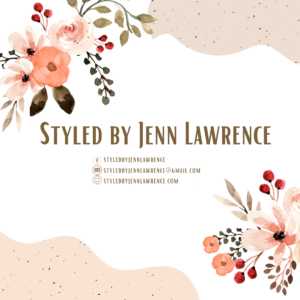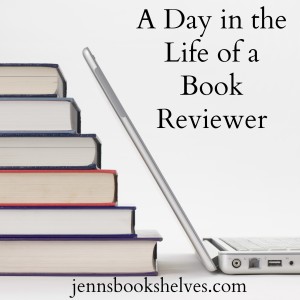I knew when Veracity was published, it was going to draw controversy. Any novel that espouses questioning the genesis of our opinions, even to the core contributors, our sacred sources – those unquestionable fountains of knowledge from which only truth could possibly flow such as our parents, our preachers, our presidents or maybe the figure heads for our chosen political groups – well, that’s just plain asking for trouble. I knew a few folks would get disgruntled at the idea of digging in such seminal dirt. What I didn’t think I’d hear was the following criticism: too much violence of the intimate kind and not enough war. (I should pause here and make mention of the fact that Veracity is a dystopian novel about a totalitarian government that rules the land via censorship and a well-honed militia. For those now thinking there’s a Deliverance-like scene on page two, I’m afraid you might be disappointed. My scenes of intimate violence are mostly PG-13 with a bit of R thrown in here and there.)
Now, this criticism hasn’t come up much, but when it has, it’s almost always been voiced in this same two-part form: no rape or torture of known characters and more war. It got me thinking about what purpose this ‘anonymous violence, please’ model serves. Why is a more intimate form of violence so off-limits when a large-scale version is not only acceptable, but expected? After all, if someone pricks our protagonist, do they not bleed? If our protagonist pricks the bad guy, do they not bleed, too?
Maybe this grudge against intimate violence is based in fear. Maybe it makes those reading it uncomfortable because they know people who have gone through this kind of thing and it’s painful to read, and more painful to acknowledge. Or maybe these concerned readers worry that those who’ve experienced violence might get sidelined by the shock of its presence in a story. Perhaps this argument would be somewhat valid if, let’s say, you bought a cookbook, went to look up a recipe for lemon chicken and – Wham! – smack in the middle of the required ingredients list, a rape! A brutal beating! The poor chef bloodied…fingers and toes hacked off. Well, you see how that might affect someone. But even then, does the discomfort experienced by the poor reader warrant a cultural ban? I think not. I think even the idea of defining what’s proper and improper fodder for fiction is censorship. And censorship is really just a way of saying, “This particular thing we’re not going to let you talk about isn’t OK.” So what does that say to those who’ve experienced it?
I think it’s dangerous to suggest that any experience a man or woman could endure is not fit to write about; but what if the notion of experiential censorship took full hold and suddenly Terrible Thing X is off the table? Off-limits to writers, and therefore never presented to readers. I can think of a couple of things that fall into the Terrible Thing X category: rape and the emotional backlash of war on our troops. I know members of both communities who’ve suffered silence because expression wasn’t socially acceptable in their particular corner of the world, or in their particular crowd. Slowly but surely, it was the silence that became the larger problem for these individuals. I’ve been lucky to have received a lot of email from fans. In much the same way I was surprised to receive a request for less up-close-and-personal violence and more war, I was surprised to have received a handful of emails from women expressing the opposite sentiment. Almost universally, they thanked me for the frankness of my story, for the unapologetic presentation of their shared experience. One woman told me, in her younger years, she’d been molested but was unable to so much as define it until years later when she had the words to do so.
There’s a continent’s worth of data saying the less we’re permitted to talk about a thing, the more shame sneaks, insidiously, in to claim that territory. I think we need to write more about these experiences, help people to know that, regarding this kind of thing, that they aren’t an island. They, unfortunately, aren’t a club of only one.
I want to clarify that I’m not against anonymous violence. I love a good shoot ‘em up and novels that don’t water down their violence to make them more palatable to a wider audience. I actually feel that the occasional dose of anonymous violence is good for me. It gives me a group of fictionalized targets upon which to paint all my rage and frustration and when they get their butts kicked but good, well, I feel better afterward. And no one got hurt. And I’m less likely to unleash a cloud of obscenities behind the wheel of my car with my young children in the back seat. I don’t believe the problem is anonymous violence itself, but the idea that all fictionalized violence must be removed from too much reality. If life could truly imitate art, sure. I’d say ban all violence, period. But I believe art is there to support life. To help us reach out to each other. To reveal to each other our secrets, and, in doing so, show the world that we’re more alike than we could ever have guessed.






One Response to Anonymous Violence, Please: A Guest Post by Laura Bynum, Author of Veracity.